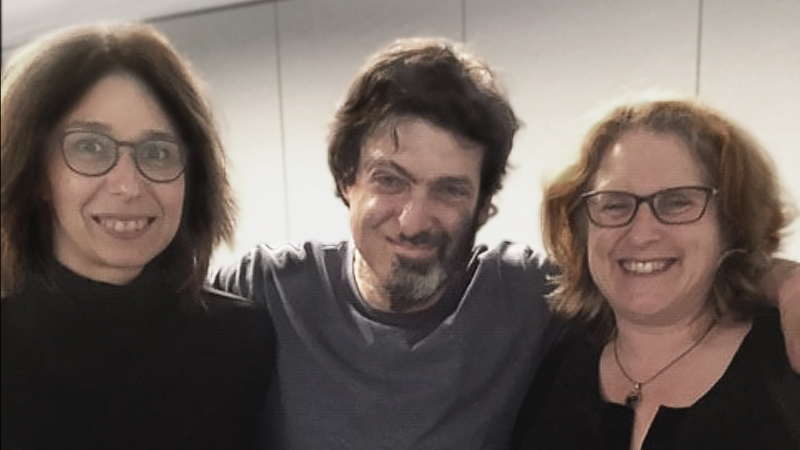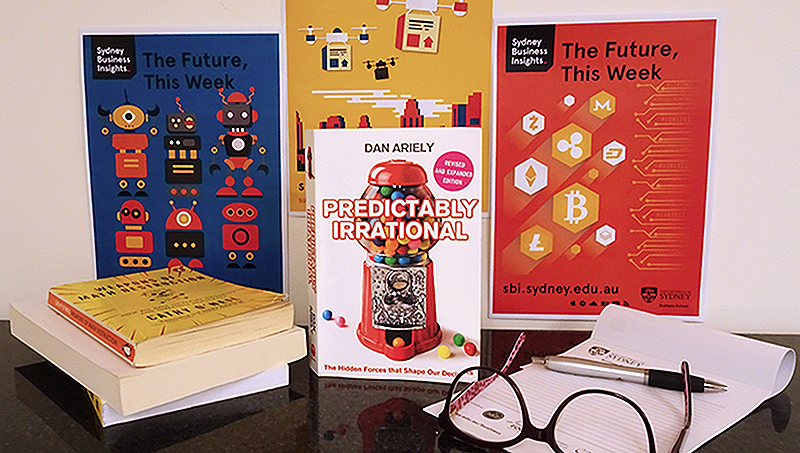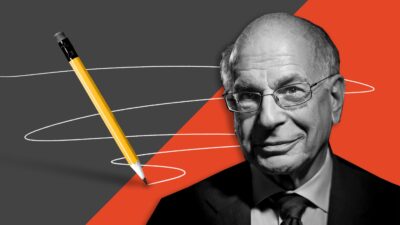A conflict of interest is not, per se, a bad thing. In our personal lives it can be the glue that brings people together.
“Conflicts of interest is what allows us to make friends very easily – we can buy somebody a beer and a sandwich and in 10 minutes they like us more and they see life from our perspective, that’s the beautiful thing about it.”
That’s the good side of conflicts of interest as expressed by Dan Ariely, the James B. Duke Professor of Psychology and Behavioral Economics at Duke University.

But the co-founder of the Center for Advanced Hindsight (and author of three New York Times best-selling books on economics including Predictably Irrational) knows conflicts of interest are utterly corrosive in the economy.
“The sad thing is once conflicts of interest are part of the economic system – investment, government, health and so on, it’s incredibly difficult.”
Ariely points out that Australia’s Financial Services Royal Commission is not just exposing a few “bad apples.”
“I think conflicts of interest are incredibly important (for the Royal Commission) to look at and to think about how we can reduce or eliminate them.”
Running natural experiments testing how people really make economic decisions is Ariely’s special talent. The results provide the data that fuel his books, Ted Talks and his highly sought-after advice to corporates and Governments.
Ariely’s methods are not confined to the lab:
“A few years ago I decided to join a couple of guys and to start an insurance company (Lemonade) with no conflicts of interest.”
“If you think about insurance, it’s a terrible industry. At some point something bad happens and the consumer wants the insurance company to pay and of course the insurance company is better off not paying.
“We as consumers know that the insurance company don’t want to give us our money back. So what do we do? We exaggerate! The TV becomes a little bigger, jewelry becomes more expensive and so on. And the insurance company knows that we exaggerate so they make it difficult and complex, with lots of paperwork. So this is a system based on conflicts of interest and mistrust.
“So we said, let’s try and change that. If it’s a two player system, insurance company and individuals, it’s a fixed pie, you have to split the pie between two parties. (Lemonade) made it a three party game. We have the consumers, the insurance company and a charity.
“The insurance company takes money every month or twice a year, and they keep 10% and pay claims. And if there’s money left over at the end of the year, it goes to a charity (nominated by the customer).
“What happens if you’re the consumer now cheating? Who are you cheating? You’re cheating your favorite charity.”
Soon after they had set up business Ariely and his partners received an email from a customer who had claimed for a missing laptop.
“And this guy said, ‘You paid me for my claim. But I actually found it. How do I pay you back?’”
In telling this story Ariely invariably pauses to let this sink in.
“I asked my friends from other insurance companies what do they do in those circumstances? And of course, they have no idea – because it never happened to them.
“So – the good news is that if you trust people, good things can come. But the trust is not just about saying to people ‘trust me’, it comes from creating a structure that (is) trustworthy. Because we understand conflicts of interest, we said, ‘Don’t trust us – we don’t trust ourselves.’
“If we put ourselves in a situation like a regular insurance company, with conflicts of interest, there’s a good chance we will not be honest, because like everybody else (we can be) tempted. So we created a structure that would basically not allow us to be dishonest and that was the important thing for me.”
If Dan Ariely can rethink insurance surely the rest of us can rethink other parts of the economy – say the financial sector – to remove significant conflicts of interest surfacing at the Royal Commission into Misconduct in the Banking, Superannuation and Financial Services Industry?








